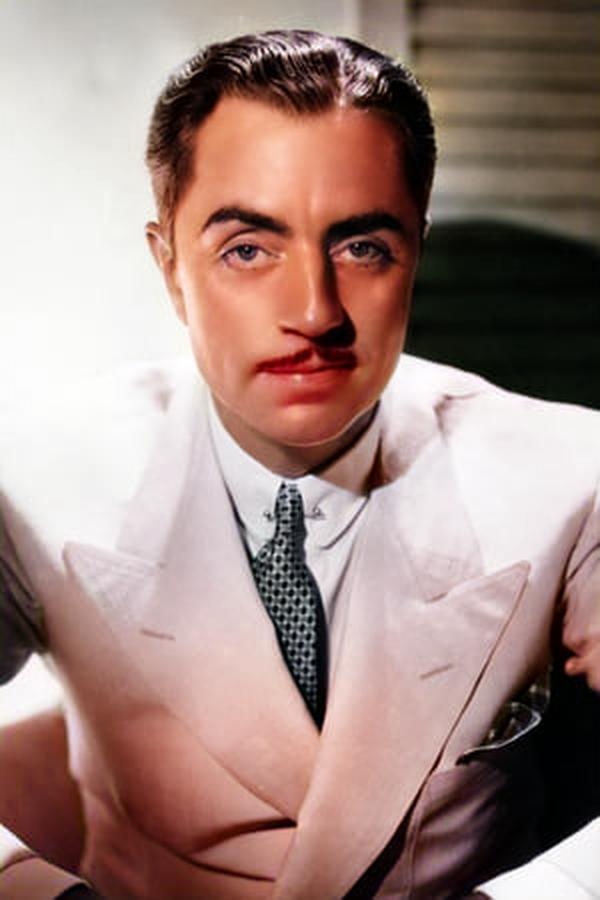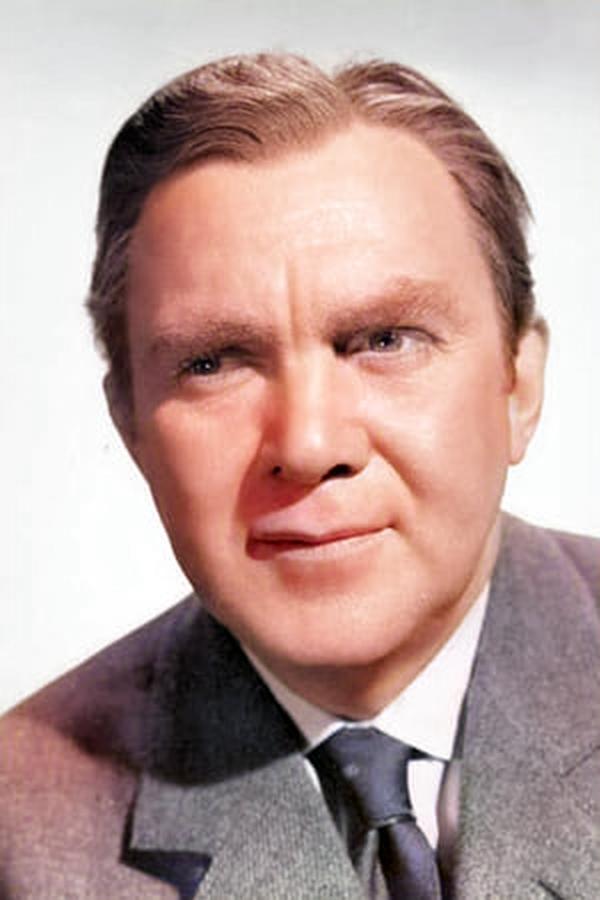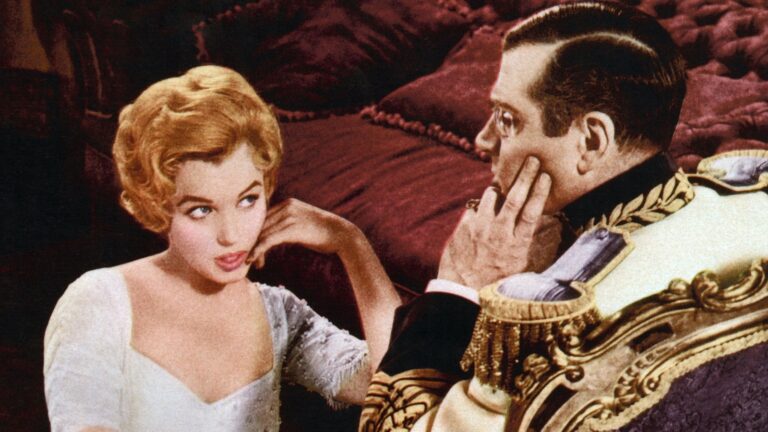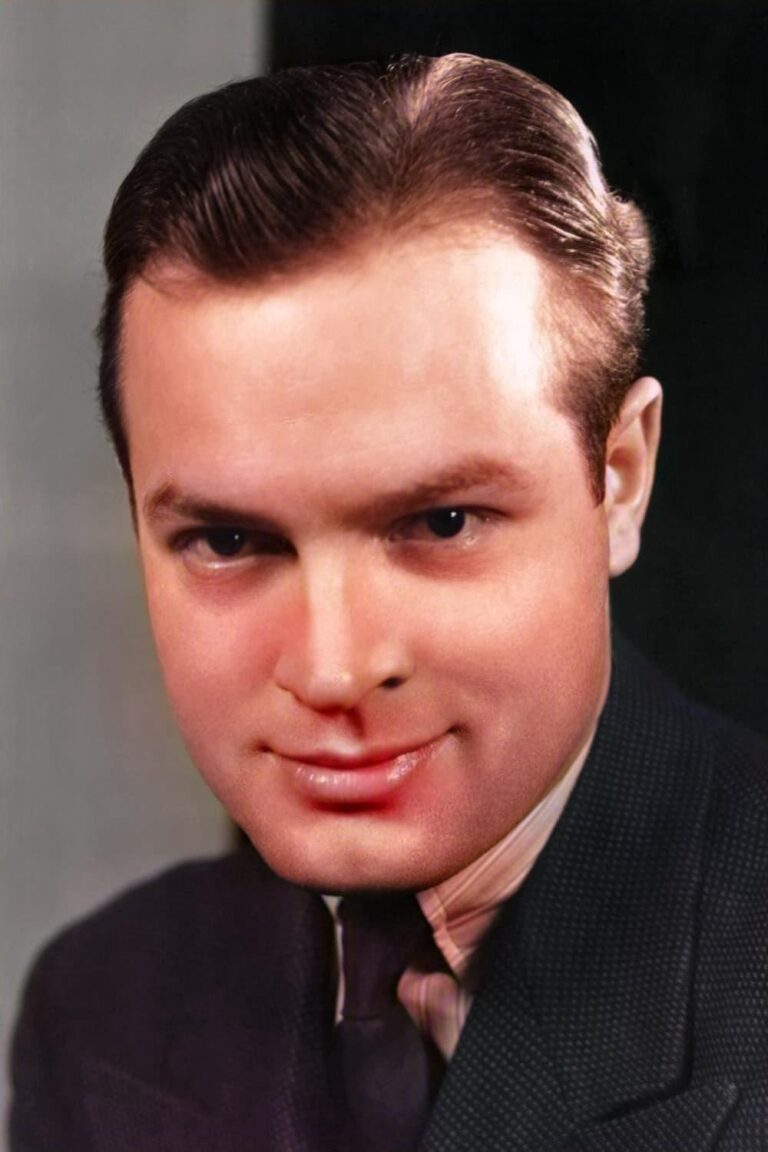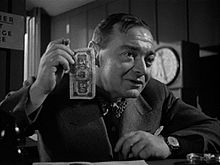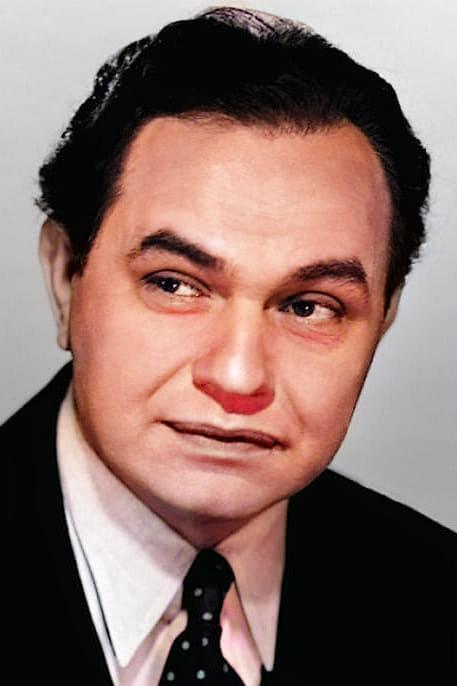A Hilarious Escape into Economic Turmoil: Unveiling the Humor in My Man Godfrey
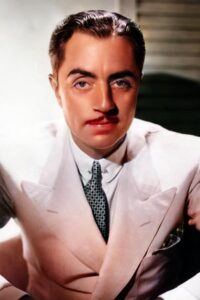
In the midst of economic turmoil during the 1930s, a remarkable film emerged that offered a much-needed escape through laughter and wit. My Man Godfrey, directed by Gregory La Cava in 1936, masterfully weaves a hilarious tale that both satirizes and reflects the challenges faced during the Great Depression. Join me as we delve into the economic backdrop of the film and explore the comedic brilliance that has made My Man Godfrey an enduring favorite.
Set against the backdrop of the Great Depression, My Man Godfrey takes us on a wild journey through the lives of the privileged and the downtrodden. The economic struggles of the time provide the perfect setting for the film’s social commentary and sharp humor. The contrasting worlds of opulence and destitution create a fertile ground for comedic exploration.
At its core, My Man Godfrey satirizes the excesses of the upper class while shedding light on the hardships faced by the working class. The film cleverly exposes the frivolous nature of the elite as they partake in a scavenger hunt that involves finding a forgotten man. This contrast in social classes serves as a catalyst for hilarity, highlighting the absurdity of their extravagant lifestyles during a time of widespread economic hardship.
Amidst the laughs, My Man Godfrey offers a glimpse into the indomitable spirit of those struggling to make ends meet. Godfrey Smith, the eponymous character played by William Powell, personifies the resilience and resourcefulness of the working class. His transition from forgotten man to butler for the affluent Bullock family creates numerous comedic situations while subtly emphasizing the tenacity and determination of individuals in challenging economic times.
The Bullock family, led by the eccentric Angelica Bullock portrayed by Alice Brady, represents the upper crust of society during the Great Depression. Their outlandish behavior and obliviousness to the economic struggles around them provide ample opportunities for comedic moments. From their extravagant parties to their comical misunderstandings, the film showcases the absurdity of the privileged class during a period of economic hardship.
My Man Godfrey benefits greatly from the charismatic performances of Carole Lombard and William Powell. Lombard’s portrayal of Irene Bullock, the impulsive and unpredictable sister, perfectly complements Powell’s charming and witty portrayal of Godfrey Smith. Their on-screen chemistry and impeccable comedic timing elevate the film to new heights, making their interactions a joy to behold.
Despite being set in the 1930s, My Man Godfrey has retained its relevance and charm throughout the years. Its ability to find humor in the economic struggles of the era continues to resonate with audiences today. The film serves as a reminder that laughter can provide a much-needed respite, even in the most challenging of times.
~My Man Godfrey~ stands as a timeless testament to the power of humor in times of economic hardship. Through its witty social satire, memorable characters, and stellar performances, the film transports us to a world where laughter is the antidote to economic turmoil. So, dim the lights, embrace the laughter, and allow My Man Godfrey to whisk you away on a hilarious journey through the trials and tribulations of a bygone era.

